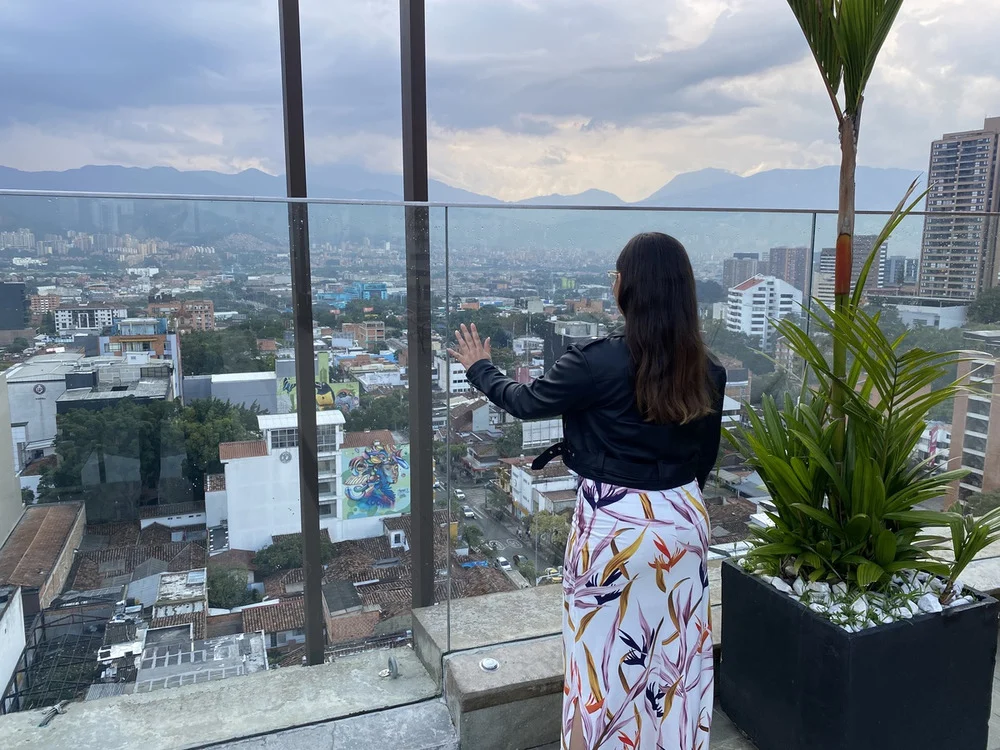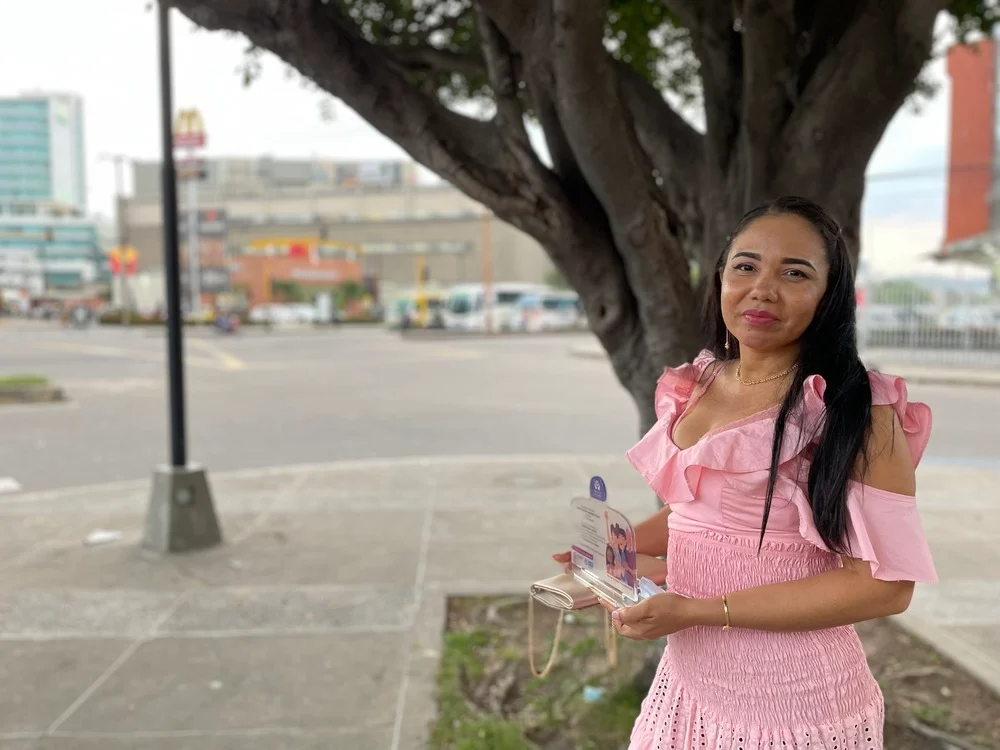
In Tibú, a small town along the border with Venezuela, a rising wave of violence in Colombia’s primary coca-producing region is targeting women, leading to an unprecedented spike in killings and forcing others to flee.
Those who flee are often left in precarious economic situations far from their homes, too afraid to return and with little support from social services or aid groups.
At play in the femicides is a too-familiar mix of armed groups battling for power and influence and their efforts to exert control by instilling fear among local residents. The uptick in violence underlines a collapse in government authority, which is also playing out elsewhere in the country.
The targeting of women began last year, with rumours that an armed group made up of former members of the Revolutionary Armed Forces (FARC), which signed a peace deal with the government in 2016 to end the longest-running civil war in the Americas, had created a list of women who were each an objetivo militar or a target for violence. Videos shaming women accused of being linked to police officers, soldiers or other state agents then began circulating on social media.
“For Tibú, the dozen killings represent a 400 per cent increase in such murders over 2020.”
“I was terrified,” Sara, a 17-year-old who saw her picture in one of the videos, said in March. “Sara” is a pseudonym to protect her identity.
“I was worried that they were going to hurt me,” she continued. “My friends told me that if I appeared in the video, they [the armed groups] would kill me.”
At least 12 women were killed between April and December last year. With a population of just 21,500 in Tibú, that number is significant, given the countrywide femicide toll of 210 for the year. For Tibú, the dozen killings represent a 400 per cent increase in such murders over 2020.
Throughout Latin America, the number of femicides is estimated to be much higher than reflected in official data, as under-reporting by authorities and a frequent lack of understanding of what the term means leads to undercounts.
The deaths, along with threats and kidnappings, pushed dozens of other women to choose to move away, often to uncertain futures without jobs, shelter or access to basic necessities. And local NGOs and human rights workers say such women find little to no government support.
The videos were released anonymously on WhatsApp, showing personal pictures taken from social media accounts, often set to music with derogatory lyrics. Captions accused the women of being “secret girlfriends” of policemen, “cheap whores” or otherwise sexually involved with the security forces. A few weeks after the videos began appearing, some of the women turned up dead.
The National Liberation Army (ELN), another armed group operating in the area, denied releasing the videos but announced that it would launch investigations into the women who appeared in them.
Dozens of women have now received death threats, prompting more and more to make the difficult decision to leave.
While Tibú’s public prosecutor, Esperanza Navas, was investigating threats made against a number of women, she was gunned down in her home last June. The attorney general’s office announced recently that it had evidence that her murder was ordered by the group of former FARC fighters because of her open investigations into their organisation.
Sara was forced to make a difficult choice. At first, she kept telling herself that she hadn’t done anything wrong and shouldn’t be in danger. But when her landlady told her that two men on a motorcycle had come looking for her when she wasn’t home, she made the difficult decision to flee.
“I was between a rock and a hard place,” she continued. “I didn’t want to leave my town, but I didn’t want to stay and be killed.”
Nestled deep in the region of Catatumbo, which spans the Colombia-Venezuela border, Tibú is no stranger to gender-based violence or armed conflict.
“Tibú is a contested urban centre,” says Beth Dickinson, a senior analyst at the International Crisis Group, adding that multiple armed groups – including the ELN, fighters formerly part of FARC, and the Rastrojo paramilitaries – maintain a presence in the area.
“One of the ways that each of these groups – without exception – has tried to extend their control over the population and instil fear has been through symbolic violence, particularly targeted at vulnerable groups, such as women and migrants,” she noted.
- The New Humanitarian report











